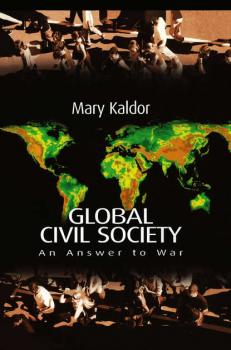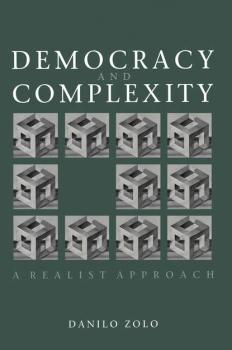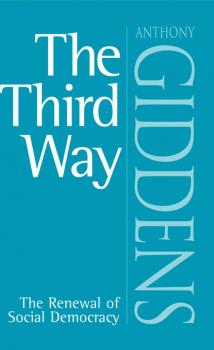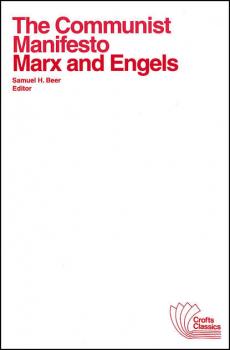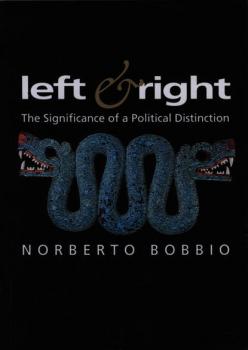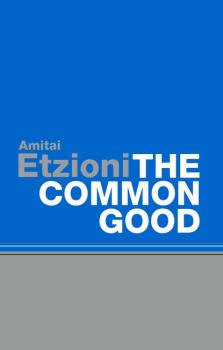MREADZ.COM - много разных книг на любой вкус
Скачивание или чтение онлайн электронных книг.Peace and Justice
In recent years there has been a tendency to intervene in the military, political and economic affairs of failed and failing states and those emerging from violent conflict. In many cases this has been accompanied by some form of international judicial intervention to address serious and widespread abuses of international humanitarian law and human rights in recognition of an explicit link between peace and justice. A range of judicial and non-judicial approaches has been adopted in recognition of the fact that there is no one-size-fits-all model through which to seek accountability. This book considers the merits and drawbacks of these different responses and sets out an original framework for analysing transitional societies and transitional justice mechanisms. Taking as its starting point the post-Second World War tribunals at Nuremburg and Tokyo, the book goes on to discuss the creation of ad hoc international tribunals in the 1990s, hybrid/mixed courts, the International Criminal Court, domestic trials, truth commissions and traditional justice mechanisms. With examples drawn from across the world, including the former Yugoslavia, Rwanda, Cambodia, Timor-Leste, Sierra Leone, Uganda and the DRC, it presents a compelling and comprehensive study of the key responses to war crimes. Peace and Justice is a timely contribution in a world where an ever-increasing number of post-conflict societies are grappling with the complex issues of transitional justice. It will be a valuable resource for students, scholars, practitioners and policy-makers seeking to understand past violations of human rights and the most effective ways of addressing them.
Global Civil Society
The terms 'global' and 'civil society' have both become part of the contemporary political lexicon. In this important new book, Mary Kaldor argues that this is no coincidence and that the reinvention of civil society has to be understood in the context of globalization. The concept of civil society is no longer confined to the borders of the territorial state. Whether one considers dissidents in repressive regimes, landless labourers in Central America, campaigners against land mines or global debt, or even religious fundamentalists, it is now possible for them to link up with other like-minded groups in different parts of the world and to address demands not just to national governments but to global institutions as well. This has opened up new opportunities for human emancipation, and, in particular, for going beyond war as a way of managing global affairs. But it also entails new risks and insecurities. This is a book about a political idea – an idea that came out of the 1989 revolutions. It is an idea that expresses a real phenomenon, even if the boundaries and shape of the phenomenon are contested and subject to constant redefinition. The study of past debates as well as the actions and arguments of the present is a way of directly influencing the phenomenon, and of contributing to a changing reality, if possible for the better. The task is all the more urgent in the aftermath of September 11. Global Civil Society will be read by students of politics, international relations and sociology, as well as activists, policy-makers, journalists and all those engaged in global public debates.
Democracy and Complexity
This book is a highly original and provocative contribution to democratic theory. Zolo argues that the increasing complexity of modern societies represents a fundamental challenge to the basic assumptions of the Western democratic tradition and calls for a reformulation of some of the key questions of political theory. Zolo maintains that, as modern societies become more complex and more involved in the `information revolution', they are subjected to new and unprecedented forms of evolutionary stress – as manifested, for instance, in the growing autonomy and power of political parties, and in new kinds of political communication which create and sustain the fiction of consensus. These forms of stress have become so serious that they threaten to undermine some of the values traditionally associated with democracy, such as the rationality and autonomy of the individual, and the visibility and accountability of power.
The Third Way
The idea of finding a 'third way' in politics has been widely discussed over recent months – not only in the UK, but in the US, Continental Europe and Latin America. But what is the third way? Supporters of the notion haven't been able to agree, and critics deny the possibility altogether. Anthony Giddens shows that developing a third way is not only a possibility but a necessity in modern politics.
The Communist Manifesto
Edited by Samuel H. Beer, with key selections from Capital and The Eighteenth Brumaire of Louis Bonaparte, this volume features an especially helpful introduction that serves as a guide to Marxist political and economic theory and to placing the specific writings in their contemporary setting. Included are a bibliography and list of important dates in the life of Karl Marx.
Left and Right
Following the collapse of communism and the decline of Marxism, some commentators have claimed that we have reached the 'end of history' and that the distinction between Left and Right can be forgotten. In this book – which was a tremendous success in Italy – Norberto Bobbio challenges these views, arguing that the fundamental political distinction between Left and Right, which has shaped the two centuries since the French Revolution, has continuing relevance today. Bobbio explores the grounds of this elusive distinction and argues that Left and Right are ultimately divided by different attitudes to equality. He carefully defines the nature of equality and inequality in relative rather than absolute terms. Left and Right is a timely and persuasively argued account of the basic parameters of political action and debate in the modern world – parameters which have remained constant despite the pace of social change. The book will be widely read and, as in Italy, it will have an impact far beyond the academic domain.
Democracy's Edge
Three out of five Americans, both Republicans and Democrats, feel our country is headed in the wrong direction. America is at the edge, a critical place at which we can either renew and revitalize or give in and lose that most precious American ideal—democracy—and along with it the freedom, fairness, and opportunities it assures. Democracy’s Edge is a rousing battle cry that we can—and must—act now. From Jefferson to Eisenhower, presidents from both parties have warned us of the danger of letting a closed, narrow group of business and government officials concentrate power over our lives. Yet today, a small and unrepresentative group of people is making vital decisions for all of us. But this crisis is only a symptom, Lappé argues. It’s a symptom of thin democracy, something done to us or for us, not by or with us. Such democracy is always at risk of being stolen by private interests or extremist groups, left and right. But there is a solution. The answer, says Lappé, is Living Democracy, a powerful yet often invisible citizens’ revolution surging in communities across America. It’s not random, disjointed activism but the emergence of a new historical stage of democracy in which Americans realize that democracy isn’t something we have but something we do. Either we live it or lose it, says Lappé.
Models of Capitalism
The contemporary debate on economic policy is dominated by the issue of 'which model of capitalism works best'.
Reflections on America
At a time when so many cracks have emerged within the imagined community of ‘the West', this important new book, by one of the leading social scientists in Europe, examines the intellectual history of comparing Europe and the United States. Claus Offe considers the perspectives adopted by three of Europe’s greatest social scientists – Alexis de Tocqueville, Max Weber and Theodor W. Adorno – in their comparative writings on Europe. While traveling, studying and working in the US, all three constantly looked back to their European origins, trying to decipher from their American experience what the future may hold for Europe, be it for better or worse. Alexis de Tocqueville, the French aristocrat, observed the functioning of American democracy with a mix of admiration, envy and deep concerns about the fate of liberty in the ‘democratic age'. Max Weber, the German sociologist, reported enthusiastically about the youthful energy he found in the United States, which, however, he saw as gradually succumbing to the stifling tendencies of European bureaucratization. Theodor W. Adorno, the critical theorist and refugee from Nazi Germany, observed with a sense of despair the workings of the American ‘culture industry’ which he equated to the totalitarian experience of Europe, only to switch to a much more favorable picture upon his return to Germany. Europe and the US are conventionally assumed to share the same trajectory and develop according to some common pattern of ‘occidental rationalism', with the observed differences resulting from mere lags and relative advances on one side or the other. In this insightful book, Offe questions the relevance of this paradigm to transatlantic relations today.
The Common Good
In this book, Amitai Etzioni, public intellectual and leading proponent of communitarian values, defends the view that no society can flourish without a shared obligation to “the common good.” Rejecting claims made by some liberal thinkers that it is not possible to balance individual rights with uncoerced civic responsibility, Etzioni explores a number of key issues which pose important questions for those concerned with promoting the common good in contemporary society. Are we morally obliged to do more for our communities beyond treating everyone as endowed with basic rights? Should privacy be regarded not merely as a right but also as an obligation? And should the right to free speech take priority over the need to protect children from harmful material in the media and on the internet? Etzioni asks how we can strike a healthy balance between individual rights and public safety in an age of global terrorism. He evaluates various new government devices, from wiretaps to viruses, which open our lives to public scrutiny. Particular attention is given to the issues surrounding government-issued DNA tests. The book concludes by questioning whether we can still talk of a relationship between the common good and the nation-state, or whether the “online” society in which we live will make it increasingly difficult to maintain those communities which are the very homeland of the common good. This new book, by one of the world’s leading social and political thinkers, will be important reading for students and scholars of political science, social philosophy, sociology, and public policy, as well as for the interested general reader.

